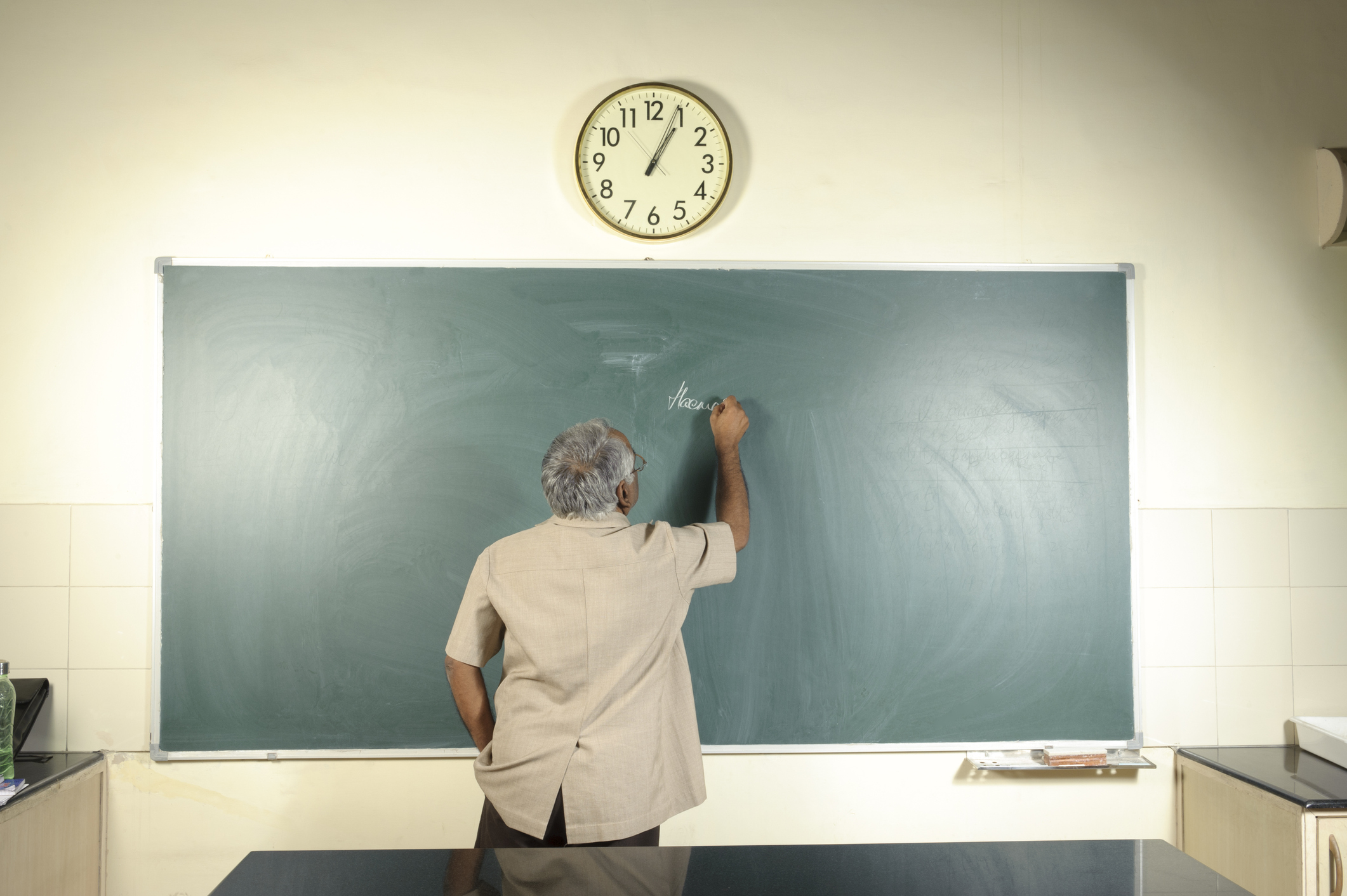The government is unlikely to oblige the Indian Institutes of Management and accept their request to exempt them from reserving seats for teachers from socially and economically underprivileged backgrounds, sources said on Wednesday citing the climate of protest in the country now.
Former students of the B-schools and Ambedkarites too have urged the government to reject the IIMs’ request.
The IIMs have never followed reservation in recruitment and have cited a letter the government had issued in 1975 seeking to insulate scientific and technical institutions from implementing quotas while hiring teachers.
In November, however, the human resource development ministry wrote to the 20 IIMs and other centrally funded technical institutions asking them to enforce reservation in faculty recruitment.
The ministry had cited the Central Educational Institutions (Reservation in Teachers’ Cadre) Act passed by Parliament in July 2019.
The law wants each centrally funded institution to implement reservation in recruitment for Scheduled Castes, Scheduled Tribes, Other Backward Classes and the economically weak among the upper castes by clubbing vacant posts in all departments of the institute.
A government official said it was highly unlikely the Centre would oblige the IIMs. “The government is already grappling with protests and the outrage over the Citizenship (Amendment) Act and the proposed countrywide rollout of the National Register of Citizens. At this point, any exemption from reservation would encourage the marginalised sections to join the agitation,” the official said.
While the recently passed law is meant for all centrally funded institutions, it does exempt institutions of excellence, research, national and strategic importance and minority institutions from its provisions.
The exempted institutions are the Homi Bhabha National Institute, Mumbai, and its 10 constituent units; Tata Institute of Fundamental Research, Mumbai; North-Eastern Indira Gandhi Regional Institute of Health and Medical Science, Shillong; National Brain Research Centre, Gurgaon; Jawaharlal Nehru Centre for Advanced Scientific Research, Bangalore; Physical Research Laboratory, Ahmedabad; Space Physics Laboratory, Thiruvananthapuram, and the Indian Institute of Remote Sensing, Dehradun. The IIMs want to be included in this category.
But former students and followers of Dalit icon B.R. Ambedkar don’t agree.
Suraj Yengde, an Ambedkarite and author of the best-selling work Caste Matters, likened those seeking the exemption to the “tukde-tukde” gang, a coinage by Right-wing activists for those they think are out to divide India.
“These are (part of) the tukde-tukde gang…. These institutions want to enforce a Manu-inspired policy of exclusion,” the US-based academic said.
“The IIMs say reservation is a bottleneck in achieving excellence. Had there been no reservation, I would not have come out of the slum to pursue master’s and PhD in the world’s best institutions and certainly not be a fellow and postdoc at Harvard University and then teach in the US.”
The Global IIM Alumni Network, which has been fighting for reservation in hiring teachers and in the PhD programme of the B-schools, also criticised the IIMs.
“These institutes start with government funding and then they are taken over by casteist people…. The world over diversity is respected and followed but here in India the lectures come from five per cent of the population,” said Anil Wagde, a member of the alumni network.
“With the so-called meritocracy, what do the IIMs have to show for themselves, have they won the Nobel Prize, are they in the QS top ranking?” Wagde added.











